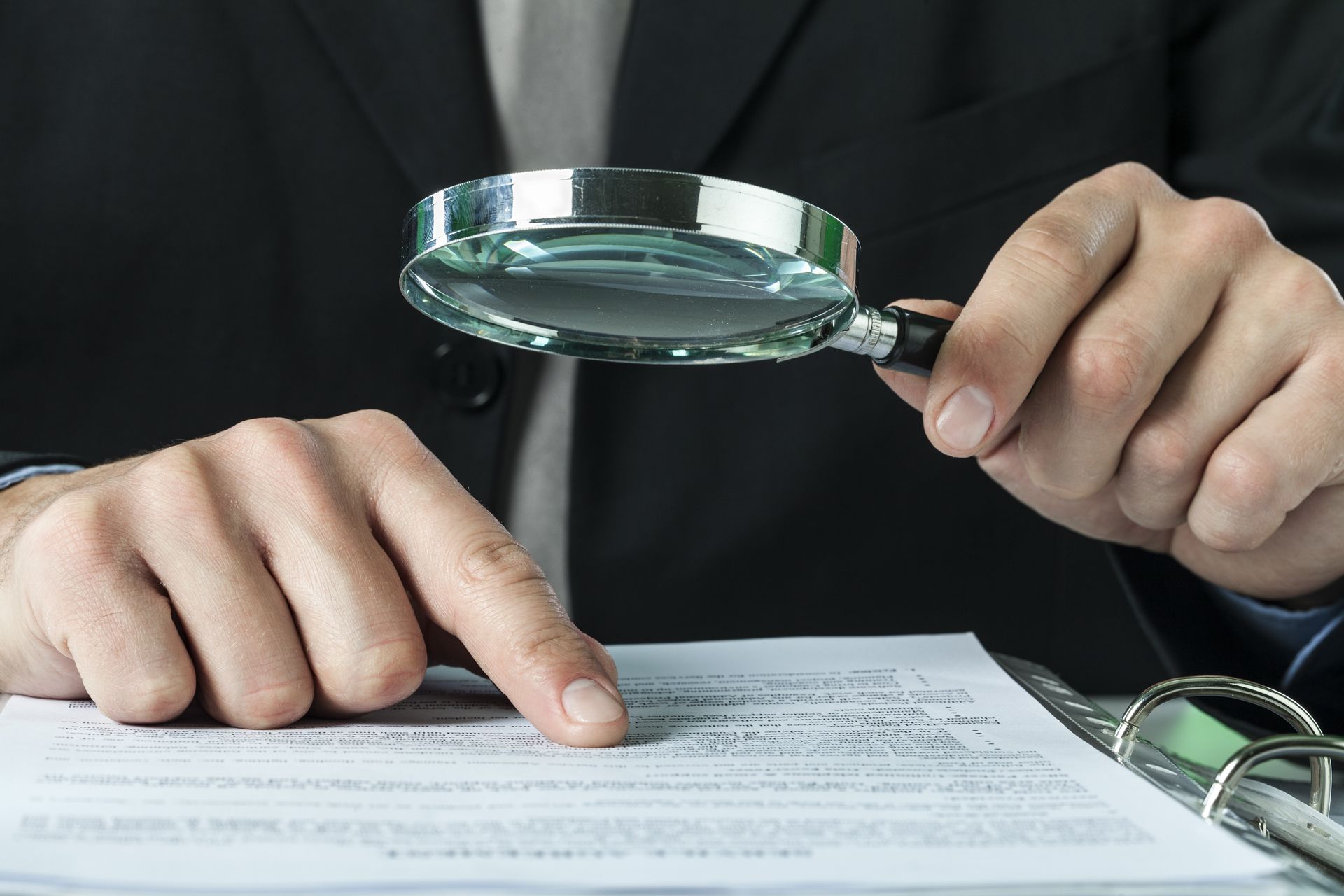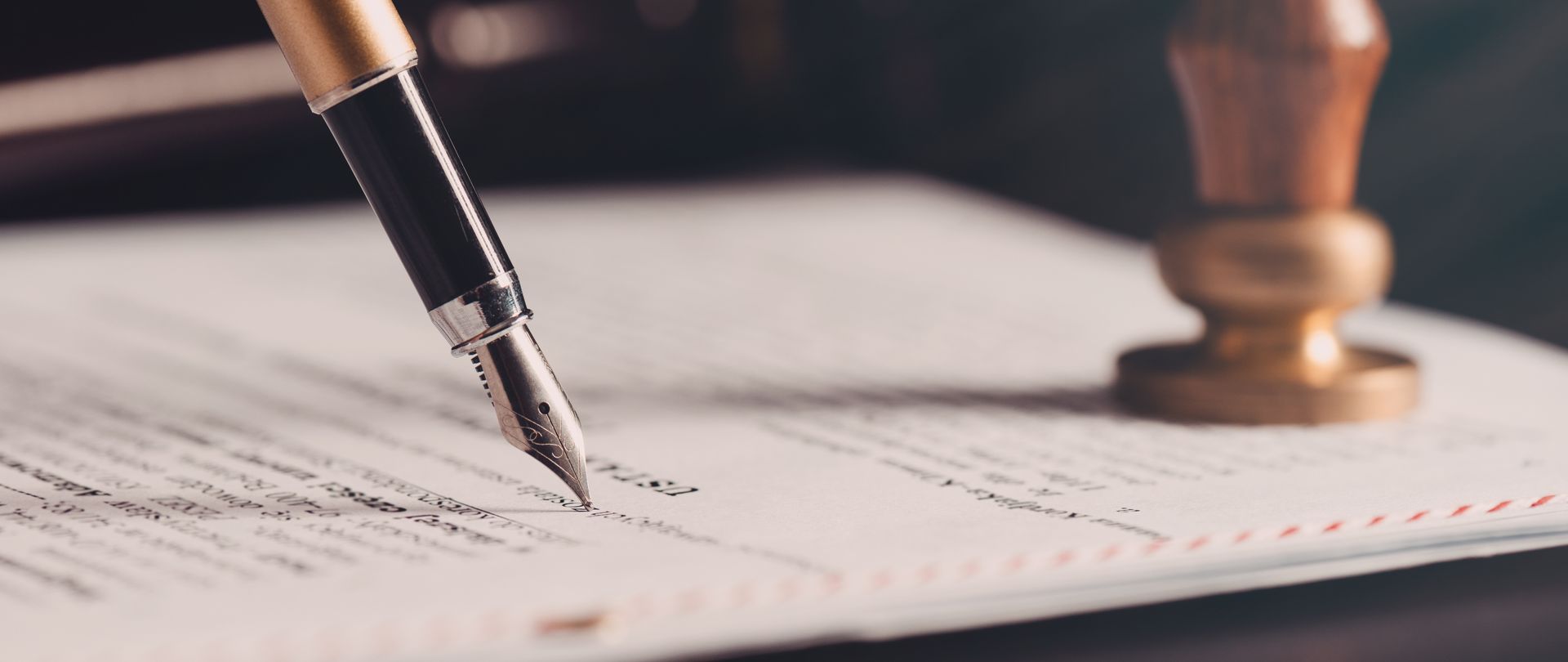The Essential Guide to Notarization: What You Need to Know
Notarization is a crucial process that validates and secures important legal documents. Whether you’re buying a home, setting up a power of attorney, or signing a business contract, notarization helps ensure the authenticity and integrity of these documents. But what exactly is notarization, and why is it so important?
What Is Notarization?
Notarization is the official act of a Notary Public who serves as an impartial witness to document signing. The primary role of a notary is to prevent fraud by verifying the identity of the signers, ensuring they are signing willingly and knowingly, and confirming the document's authenticity. Notarization generally includes three key elements:
- Verification of Identity: The notary confirms the identity of the signers using valid, government-issued photo identification.
- Willingness and Understanding: The notary assesses that each signer understands the document and does so willingly, without coercion or pressure.
- Authentication and Recordkeeping: The notary applies an official stamp or seal to the document and may record the notarization for legal reference.
Why Is Notarization Important?
Notarization is essential because it ensures that documents are authentic, signers are properly identified, and all parties understand the agreement they’re entering into. This process helps reduce the risk of fraud and ensures that documents are legally binding, enforceable, and admissible in court if needed.
For example, notarized documents are commonly required in real estate transactions, legal contracts, affidavits, powers of attorney, and wills. Without notarization, these documents might lack the legal standing to hold up in court, potentially jeopardizing the transaction or agreement.
Types of Notarization
Notarization can vary based on the signed document type and the jurisdiction's requirements. Here are the most common types:
- Acknowledgments: The signer acknowledges that they willingly signed the document. This type of notarization is commonly used for real estate documents and business contracts.
- Jurats: In a jurat, the notary administers an oath or affirmation confirming that the signer swears the document's content is true. Jurats are often used in affidavits or sworn statements.
- Certified Copies: Some notaries can certify that a copy of an original document is accurate and complete. This type is typically used for official documents like transcripts, passports, or legal records.
- Signature Witnessing: In this case, the notary simply witnesses the act of signing, confirming the signer’s identity without an oath or affirmation. This is less common but still used in certain situations.
The Notarization Process: What to Expect
Knowing what to expect in a notarization appointment can help make the process go smoothly. Here’s a step-by-step look at what typically happens:
- Gather Documents: Bring the document(s) that require notarization. Do not sign them in advance; the notary must witness the signing.
- Provide Identification: Notaries require a government-issued photo ID (such as a driver’s license or passport) to verify your identity. Make sure the name on your ID matches the name on the document.
- Sign the Document: You'll sign the document in the notary's presence. If an oath or affirmation is required, the notary will administer it now.
- Receive Notary’s Stamp or Seal: The notary will apply their official stamp or seal and signature to the document, signifying that it has been properly notarized.
- Recordkeeping: Many notaries must keep a log or journal of the notarization, noting details like the date, type of document, and identification method.
Common Situations Requiring Notarization
- Real Estate Transactions: Mortgages, deeds, and leases are often notarized to prevent fraud and ensure all parties understand the agreement.
- Power of Attorney: This document grants someone legal authority to act on your behalf. Notarization adds an extra layer of protection by verifying the signer’s identity and intent.
- Affidavits and Sworn Statements: These legal documents require an oath and are typically used in court cases or other official matters.
- Financial and Business Documents: Loan documents, contracts, and agreements often require notarization to validate the identities and commitments of all involved parties.
- Wills and Trusts: Though not always legally required, notarization is often recommended for wills and trusts to ensure their authenticity and prevent future disputes.
What Notarization Does Not Do
It’s important to understand that notarization does not validate or verify the content of a document. The notary’s role is limited to verifying the identity of the signers and witnessing the signing process. Notaries cannot give legal advice, correct document content, or certify that the document is accurate or truthful.
Tips for a Smooth Notarization Process
- Check for Witness Requirements: Some documents may require additional witnesses. If so, bring them with you and make sure they have identification.
- Use the Correct Ink: Many documents require signatures in blue or black ink, so bring an appropriate pen.
- Bring Multiple Forms of ID if Needed: If your ID is close to expiration or if there’s a name mismatch, bring additional forms of ID.
- Ask About Fees: Notary fees are often regulated by state law, but they can vary, especially for mobile notaries who may charge a travel fee.
Conclusion
Notarization is a fundamental step in maintaining the legality and integrity of important documents. By serving as impartial witnesses, notaries help prevent fraud and provide peace of mind for all parties involved. Whether buying a house, executing a power of attorney, or signing a contract, understanding the notarization process can ensure your documents are executed properly and ready for legal use. Remember these tips next time you need a document notarized, and you’ll be prepared for a smooth and effective notarization session.












